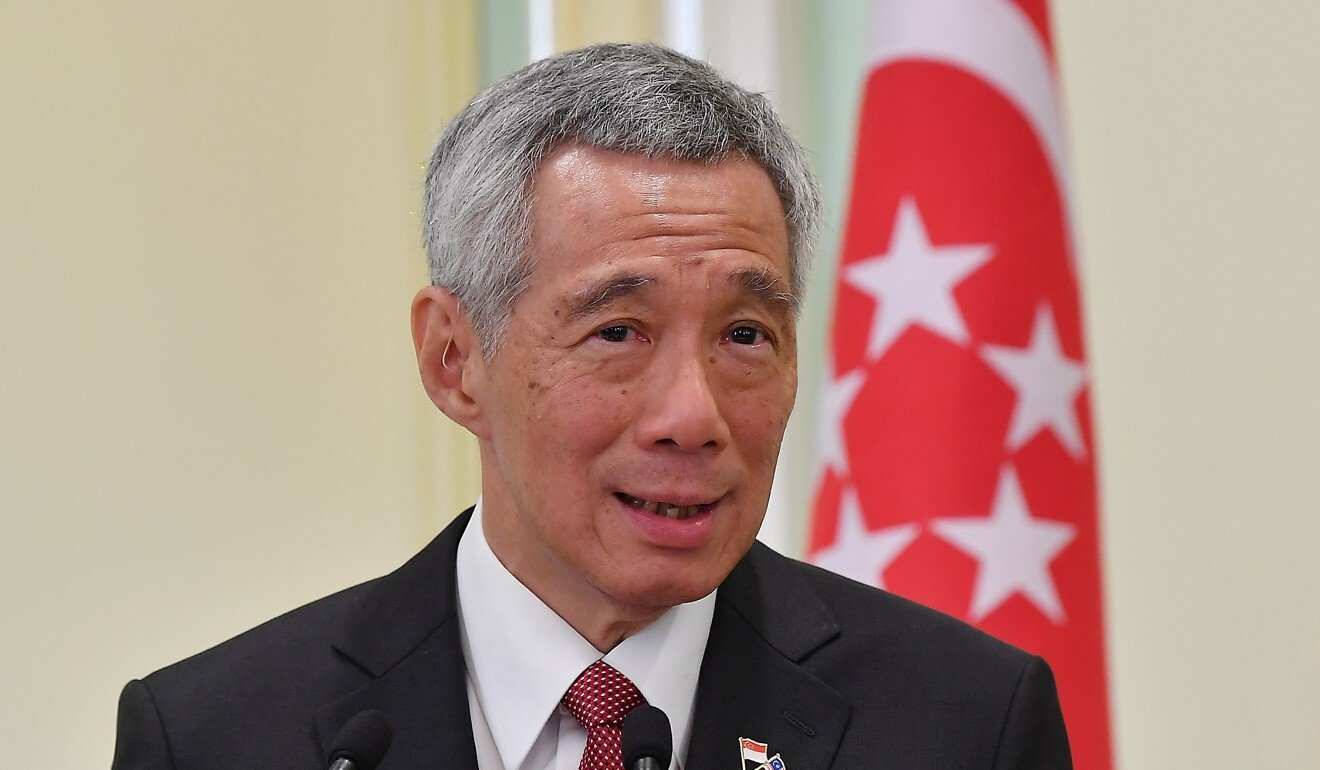
Singapore and Malaysia abandon high-speed rail project after failing to reach agreement
- The US$25 billion project would have connected downtown Kuala Lumpur to Singapore’s central business district, reducing travel time to two-and-a-half hours
- The Malaysian government will be obligated to pay Singapore as much as US$75 million as a fee for the cancellation
“Both countries will abide by their respective obligations, and will now proceed with the necessary actions, resulting from this termination of the High-Speed Rail agreement,” the statement said.
The prime ministers said the neighbours remained “committed to maintain good bilateral relations and cooperate closely in various fields, including strengthening the connectivity between the two countries”.

The alliance cited the huge national debt incurred by Najib and agreed to pay Singapore S$15 million (US$10 million) for costs incurred due to the delay.
The Pakatan Harapan government was subsequently ousted last March following a political coup.
Muhyiddin’s new administration sought several changes to the plan, including a realignment of the rail link to connect it to Kuala Lumpur International Airport (KLIA), but Singaporean officials did not agree, sources with knowledge of the matter previously told This Week in Asia.
Is coronavirus fatal for US$25 billion Singapore-Malaysia high-speed rail link?
Malaysian officials have been concerned that the high-speed rail link would undermine KLIA’s potential status as a regional air hub, diverting traffic instead to Singapore’s more established Changi Airport.

The original plan was for the line to reduce door-to-door travel time from downtown Kuala Lumpur to Singapore’s central business district to two-and-a-half hours from an average of more than four hours by air.
The actual travel time on the 350km rail link would be 90 minutes, similar to the length of a flight when take-offs, landings and taxiing are taken into account. A bus ride – the cheapest mode of travel between Kuala Lumpur and Singapore – takes an average of six-and-a-half hours.
The nearly man: will Anwar Ibrahim ever lead Malaysia?
Before the pandemic, a study by researchers at Japan’s Institute of Developing Economies forecast the project would create an “annual economic benefit” of US$1.6 billion for Malaysia and US$641 million for Singapore by 2030, when the line would have been fully operational for four years under the original plan.
When the deal was first signed in December 2016, Najib said the rail link with Singapore would give both neighbours – who have a fractious history – “a big stake in keeping the relationship stable and warm” while Lee said it would be a “game-changer” for the neighbours.

